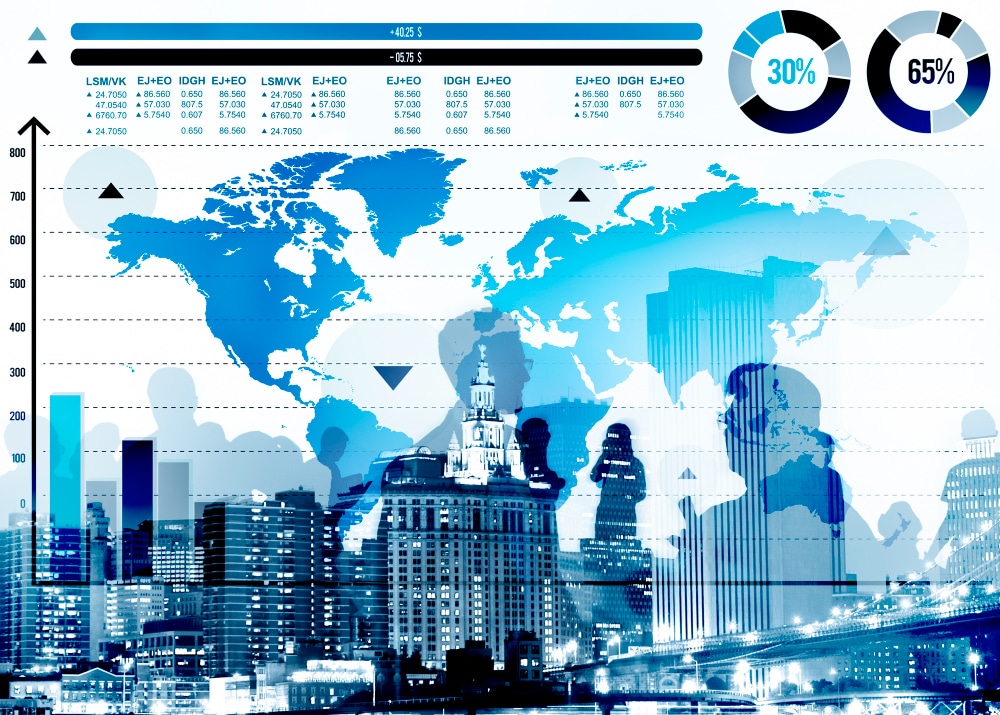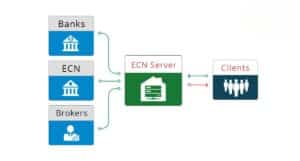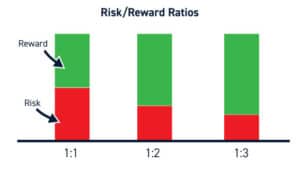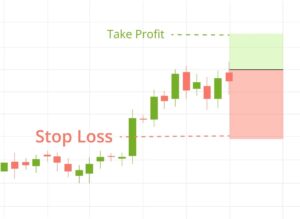The foreign exchange market, also known as forex, is a vast and dynamic marketplace where currencies are traded. Unlike stock exchanges with set trading hours, forex operates 24/5, making it a complex and ever-evolving landscape. Understanding the forces that drive this market is crucial for anyone venturing into forex trading. One of the most significant influences on currency values – and by extension, forex trading strategies – is global economic trends.
Economic Health and Currency Strength
A nation’s economic health plays a central role in determining the value of its currency. Strong economic performance, characterized by factors like high Gross Domestic Product (GDP) growth, low unemployment, and stable inflation, typically leads to an increase in demand for that country’s currency. This is because a robust economy attracts foreign investment, increases exports, and fosters confidence in the currency’s stability. Conversely, a weak economy with sluggish growth, high unemployment, or rising inflation can lead to currency depreciation. Investors become hesitant to hold such a currency, and its value falls as demand weakens.
Forex traders closely monitor economic indicators like GDP growth rates, inflation reports, interest rates set by central banks, and trade balances. These indicators provide valuable insights into a country’s economic trajectory and can signal potential shifts in currency valuations.
Impact on Trading Strategies
Global economic trends significantly influence the development and implementation of forex trading strategies. Here’s how:
- Carry Trade: This strategy involves borrowing a low-interest-rate currency and investing it in a high-interest-rate currency. The goal is to profit from the interest rate differential. Global economic trends can impact this strategy. For instance, if the central bank of the low-interest-rate currency raises rates unexpectedly, the carry trade becomes less profitable.
- Trend Following: This strategy focuses on identifying and capitalizing on existing trends in currency pairs. Strong economic data releases from a particular country can strengthen a trend of appreciation for its currency, prompting trend followers to enter long positions (buying the currency) in anticipation of further gains.
- Fundamental Analysis: This approach involves analyzing economic data, political events, and social factors to forecast future currency movements. By understanding the underlying economic forces at play, traders can make informed decisions about buying or selling specific currencies.
- Hedging: Businesses and investors often use forex markets to hedge against currency fluctuations. Global economic events that create uncertainty can increase the demand for hedging, influencing trading strategies employed by these entities.
Volatility and Risk Management
Global economic trends can also introduce significant volatility into the forex market. Rapid changes in economic data, unexpected political events, or natural disasters can cause currency values to swing wildly. While volatility can present opportunities for profit, it also comes with heightened risk.
- Increased Risk: Forex traders need to adapt their strategies to account for increased volatility. This may involve employing stricter risk management techniques, such as setting stop-loss orders to limit potential losses, and maintaining a diversified portfolio to mitigate exposure to any single currency.
- Adaptability: The key to success in a volatile market is adaptability. Traders need to be willing to adjust their strategies based on the latest economic developments and market sentiment. This might involve shifting positions more frequently or exiting trades altogether if conditions become unfavorable.
- Psychological Discipline: The fast-paced and unpredictable nature of the forex market can be emotionally taxing. Forex traders must maintain psychological discipline, sticking to their trading plans and avoiding impulsive decisions fueled by fear or greed.
Global Events and the Interconnected World
The global economy is a complex and interconnected system. Events in one part of the world can have ripple effects across continents, impacting currency markets worldwide.
- Political Upheaval: Political instability, such as elections with uncertain outcomes or geopolitical conflicts, can create uncertainty in the markets, leading to currency fluctuations.
- Trade Wars: Trade disputes between nations can disrupt trade flows and impact currencies tied to export-heavy economies.
- Central Bank Policy: Decisions by central banks regarding interest rates can have a significant impact on currency valuations. For example, a central bank raising interest rates can attract foreign investment and strengthen the domestic currency.
By staying informed about global economic trends and major events, forex traders can gain valuable insights into potential currency movements and make more informed trading decisions.
Global economic trends are a powerful force shaping the forex market. Understanding how these trends influence currency valuations is essential for developing effective forex trading strategies. By analyzing economic data, keeping an eye on global events, and practicing sound risk management, forex traders can navigate the dynamic world of currency exchange and potentially achieve success.
Let’s Manage Your Forex Funds With Fx Pips Guru!
Fx Pips Guru is a forex fund management company managing client’s funds based on monthly profit share. Let’s do Live Chat with our experts.




